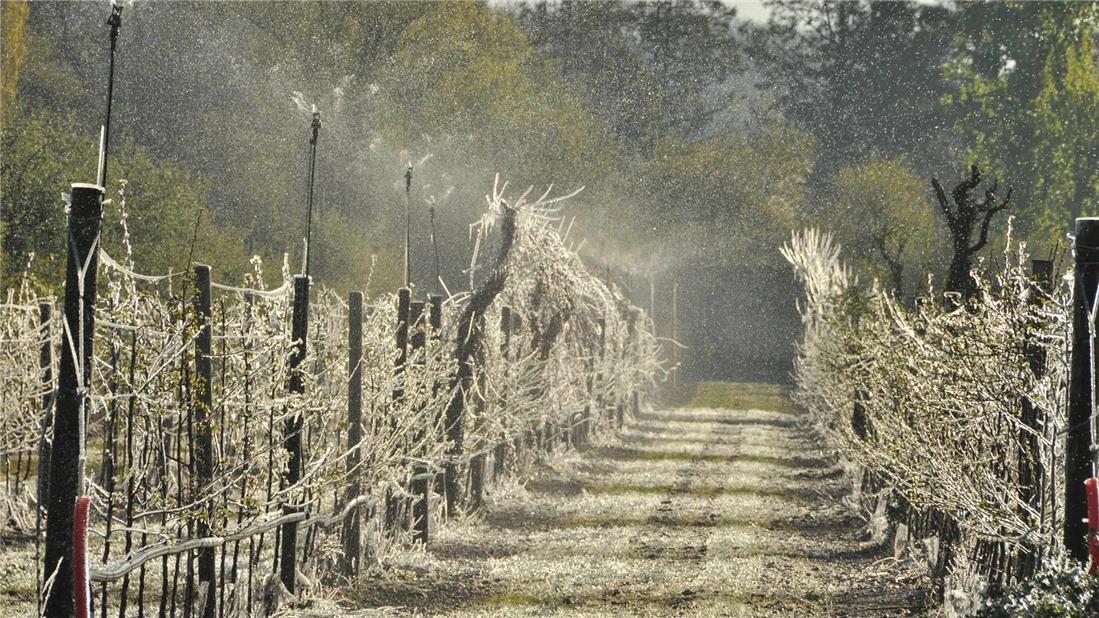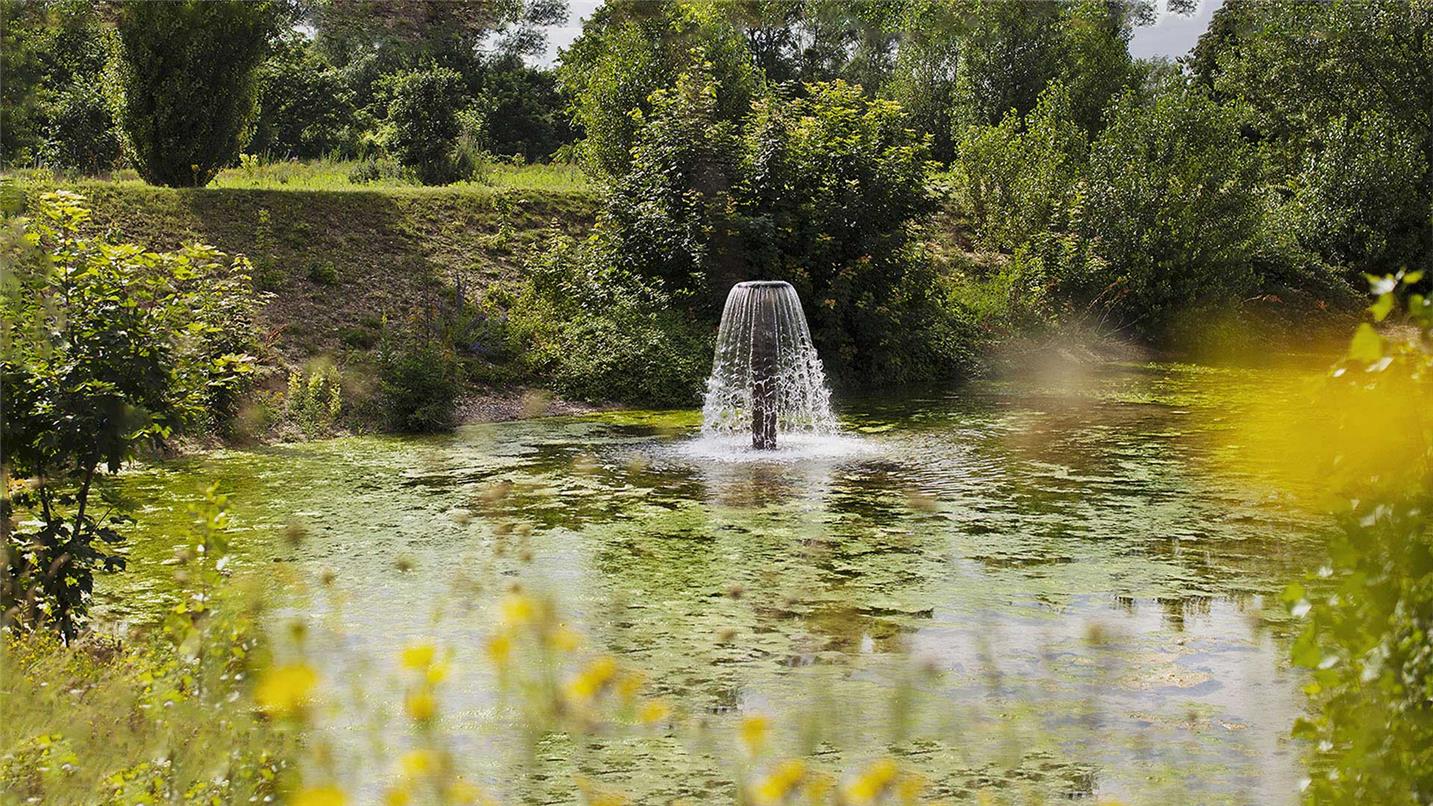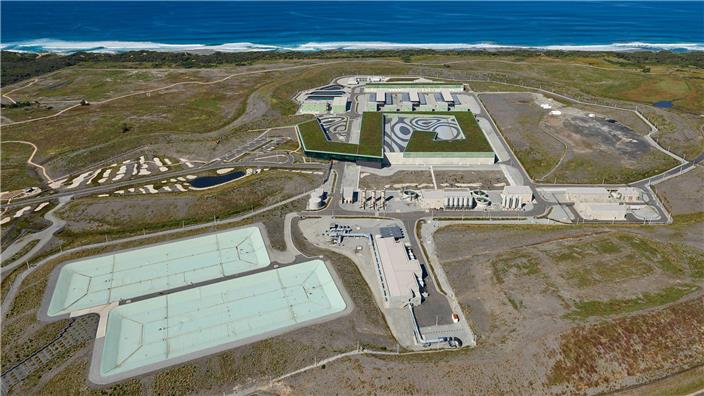Create access to challenging water supplies
As climate change, population growth, and land development continue to strain traditional water sources, water suppliers are seeking new water resources to meet rising demand and evolving water quality requirements. Expanding access to alternative and historically challenging water supplies is essential for long-term sustainability and public health.
We provide innovative technologies that enable access to diverse water resources, including groundwater, surface water, and recycled wastewater, without increasing freshwater consumption. By promoting water reuse and developing energy-efficient treatment solutions, we help you optimize supply systems and reduce environmental impact.
Groundwater management plays a critical role in securing reliable drinking water. We support aquifer recharge, hydrology monitoring, and contamination prevention to ensure long-term availability. We also offer planning tools and real-time monitoring to improve resource allocation and protect water quality.
Recycled water is another vital solution. By treating wastewater to high standards, you can reuse it for irrigation, industrial processes, and even potable applications. This reduces pressure on freshwater sources and enhances system resilience. Our advanced technologies ensure treated water meets strict safety and quality standards.
Energy efficiency is central to sustainable water development. We integrate low-energy treatment systems and smart infrastructure to reduce operational costs and carbon footprint. These innovations support climate adaptation and align with broader environmental goals.
Through digital tools, we empower water suppliers to make informed decisions about resource management, infrastructure investment, and long-term planning. These solutions help you respond to change and build resilient water systems.
By combining technical expertise with a deep commitment to sustainability, we enable water suppliers to discover, develop, and manage new water resources, ensuring safe, reliable water for your communities and future generations.
Our inspiring stories
Reusing treated wastewater to reduce the demands on water resources: the example of the Gally Farms in the plain of Versailles (France)
Rather than returning the treated wastewater to the natural environment, we give it a second life for uses as varied as agricultural irrigation, watering golf courses or gardens (regulated uses in France) or cleaning roads, recycling into process water for industry, etc.
Since the spring of 2022, the Gally farm in the Yvelines has benefited from a partnership with the Carré de Réunion wastewater treatment plant to reuse the treated wastewater from it.
To make the water clean for agricultural use, additional treatments are added to conventional processes before it is stored in the farm's retention basin. The water feeds market gardening and tree crops, it is used by drip irrigation or by a sprinkler system that creates a protective mist during spring frosts.

Frequently Asked Questions
The four main natural sources of water are:
1. Surface Water- Includes rivers, lakes, streams, and reservoirs. This is one of the most accessible sources and is widely used for drinking, irrigation, and industrial purposes.
2. Groundwater- Found beneath the Earth’s surface in aquifers and wells. It’s often cleaner due to natural filtration through soil and rock layers.
3. Rainwater- Precipitation collected directly from the atmosphere. It’s a renewable source and can be harvested for various uses, especially in water-scarce regions.
4. Glaciers and Ice Caps- These frozen reserves hold a significant portion of the world’s freshwater. While not easily accessible, they play a crucial role in global water cycle

